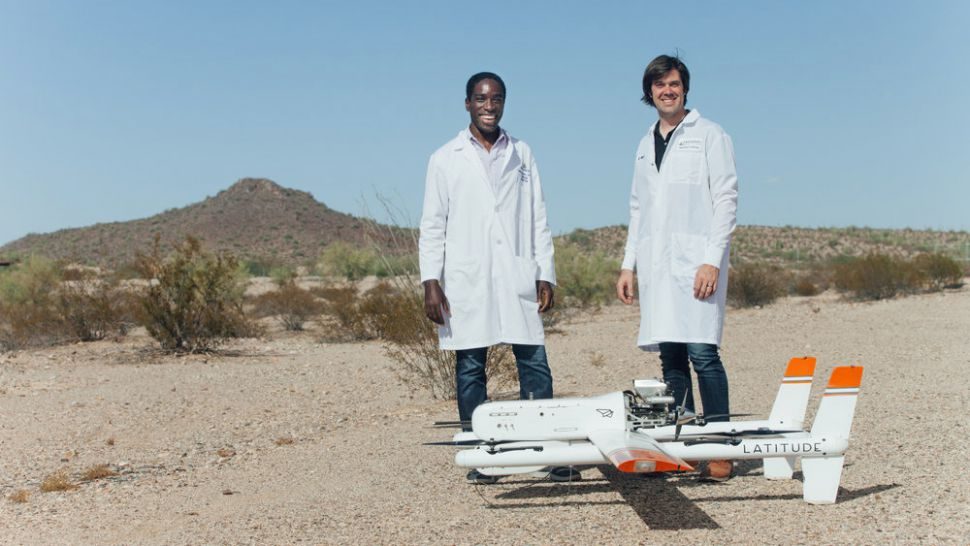
Johns Hopkins’ Record Breaking Flight
But there’s one problem with flying medical supplies over great distances. For starters, not many drones are fitted with a refrigeration system to keep bloods and medicines at the correct temperature. That, along with sheer endurance, was the challenge faced by Johns Hopkins researchers.
The solution was an onboard payload system capable of maintaining temperature control throughout the three-hour flight. As a result, the samples were still viable for laboratory analysis upon arrival.
In a report of the findings, published in the American Journal of Clinical Pathology last week, the research team said the achievement adds to evidence that unmanned aircraft can be an effective, safe and timely way to quickly transport medical samples from remote sites to laboratories.
“We expect that in many cases, drone transport will be the quickest, safest and most efficient option to deliver some biological samples to a laboratory from rural or urban settings,” says Timothy Amukele, M.D., Ph.D., assistant professor of pathology at the Johns Hopkins University School of Medicine and the paper’s senior author.
The aircraft used in the study was a Latitude Engineering HQ-40. The samples were contained in a temperature-controlled chamber designed by the Johns Hopkins team. “Getting diagnostic results far more quickly under difficult conditions will almost certainly improve care and save more lives,” Amukele says.
Malek Murison is a freelance writer and editor with a passion for tech trends and innovation. He handles product reviews, major releases and keeps an eye on the enthusiast market for DroneLife.
Email Malek
Twitter:@malekmurison
Subscribe to DroneLife here.